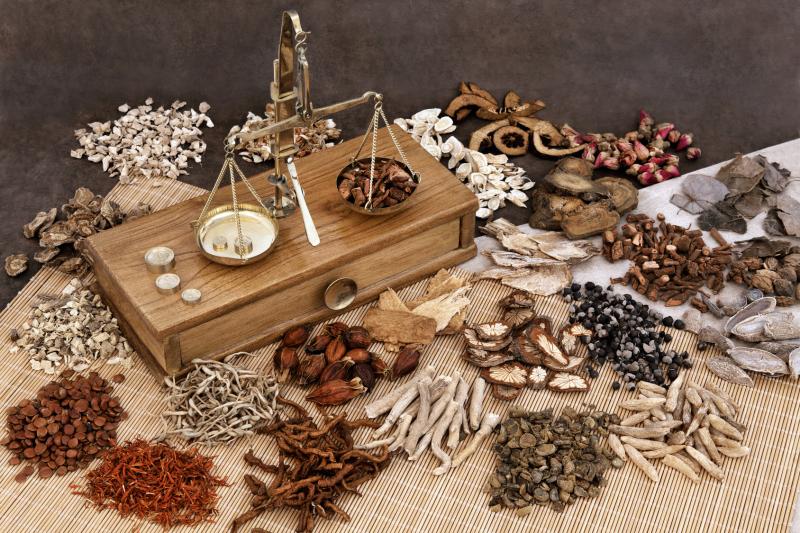 Compounds in two forms of traditional Chinese medicine are found to be effective against cancer
Compounds in two forms of traditional Chinese medicine are found to be effective against cancerPatient-reported outcomes in several physical and mental health domains are poorer among users of traditional Chinese medicine (TCM), according to a study of Chinese American rheumatology patients. However, TCM may be used as an alternative for unmet therapeutic needs.
The authors recruited Chinese American patients who were actively treated for systemic rheumatic diseases from urban Chinatown rheumatology clinics and collected data on sociodemographics, acculturation, clinical factors and TCM use (11 modalities).
Patient Reported Outcomes Measurement Information System short forms were used to assess self-reported health status. TCM users and nonusers were then compared. Multivariable logistic regression was used to identify factors independently associated with TCM use.
Of the 230 participants (median age, 57 years; range, 20–97 years), 65 percent were women, 71 percent had ≤high school education, 70 percent were on Medicaid insurance, 47 percent lived in the US for at least 20 years, and 22 percent spoke fluent English.
Half of the participants used TCM in the previous year, and these individuals reported worse anxiety, depression, fatigue and ability to participate in social roles and activities than nonusers.
Multivariable analysis revealed the association of TCM use with the following: belief in TCM, female sex, ≥20 years of residency in the US, reporting Western medicine as ineffective and shorter duration of rheumatic disease.
“Asking about TCM use could help providers identify patients with suboptimal health-related quality of life who may benefit from targeted interventions,” the authors said.
“Chinese Americans are a fast-growing immigrant group with more severe rheumatic disease manifestations than whites and often a strong cultural preference for TCM,” they noted.